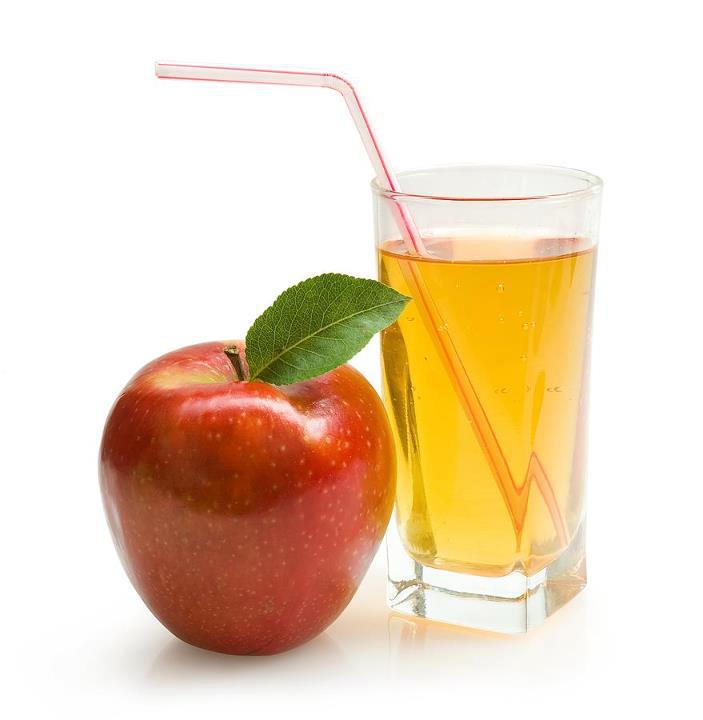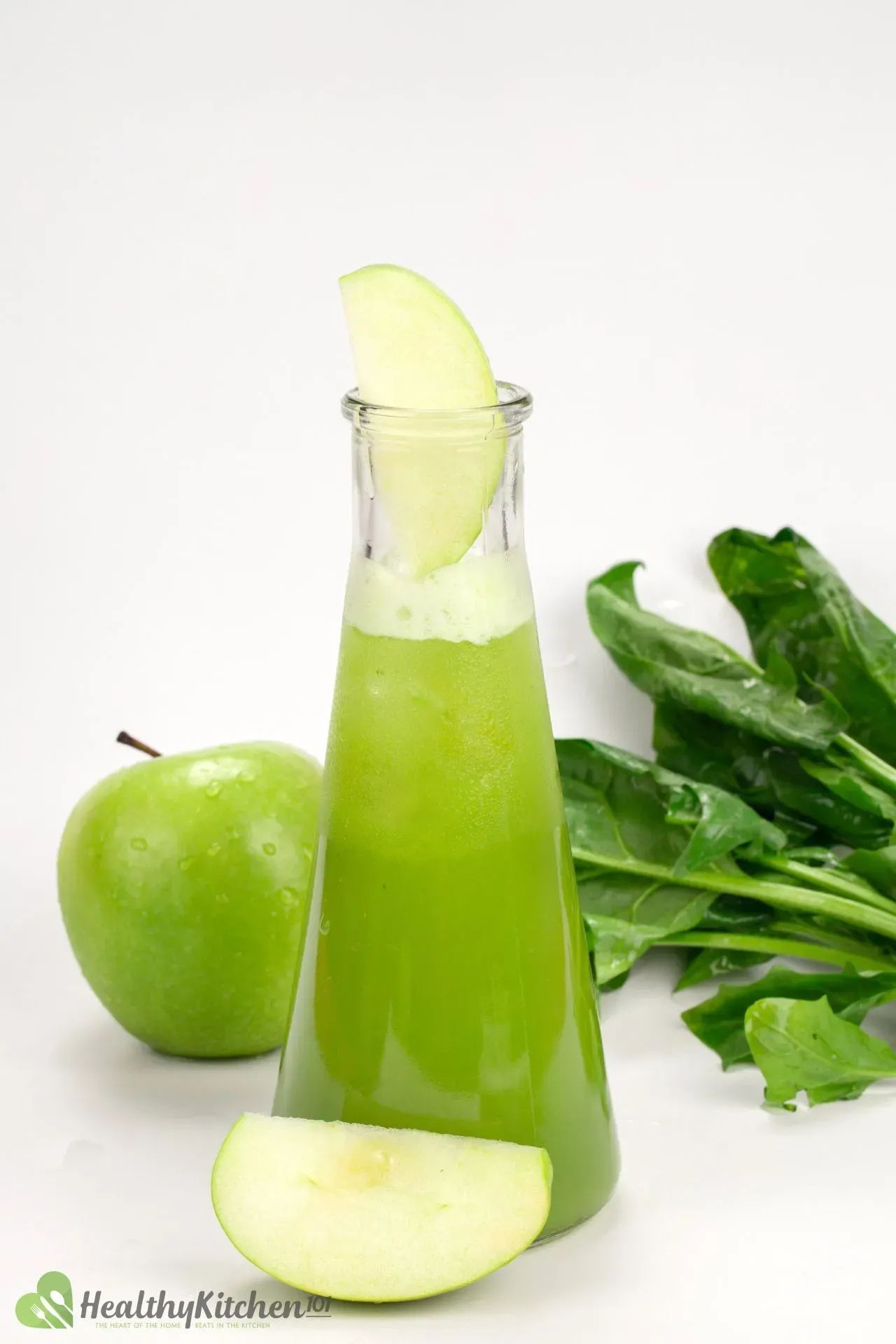

Freshly made raw apple juice is is also rich in many nutrients and provides you with an easy way of consuming the nutrients that raw apples have. Vitamin C is abundant in raw apple juice. This may lower your risk of developing heart disease.

Summary According to human studies, drinking apple juice may boost antioxidant activity in the blood and help protect LDL (bad) cholesterol from oxidation. Water, 7 per cent concentrated apple juice, sugar, acidity regulator (296), permitted natural colours (150d, 160a(i)), and added flavour. That is why it is said that "an apple a day keeps the doctor away." Ingredients are employed. What Did You Know? Apples have many health-promoting properties, making them a popular snack between meals. Tropicana puts the good in the morning with no added preservatives, colours, or artificial flavouring in its various flavours. And that might go a long way to explaining why apple juice was more effective at reducing the need for IV fluids in mildly dehydrated children who were the subject of a 2016 study published in JAMA.Enjoy the refreshing and delectable flavour of apples! Now available in a bottle! Drink the visible goodness. So, not only will drinking apple juice daily help you stay hydrated, it will also put a significant dent in your daily potassium requirements in support of your body's overall fluid balance.

A small apple will give you about 150 mg, according to Drugs, but an eight-ounce serving of apple juice offers 300 mg. According to the American Heart Association, adults need 4,700 mg of potassium each day. Starting with the benefits of carrot juice. Chan School of Public Health, potassium is an essential mineral which is responsible for maintaining your intra-cellular fluid balance (sodium regulates fluid balance outside the cells). If you're wondering what fluid balance does for you, among other things, it keeps your muscles contracting and your blood pumping at optimal pressure for optimal oxygen delivery throughout your body. Apart from being wonderful, this juice is fresh, delicious, and easy to make, with millions of healthy properties.

In fact, that accumulation is the hallmark of atherosclerosis. As the study authors point out, many other studies have found that polyphenols help prevent that accumulation, likely by helping circumvent that oxidation process.Īccording to the Harvard T.H. The reason why it's useful as a marker is that increased LDL oxidation is actually what causes cholesterol to accumulate in the arteries, according to a 2021 paper published in Current Molecular Pharmacology. LDL oxidation is one of those aforementioned markers of cardiovascular disease risk, according to Future Medicine. At the end of the study period, blood tests revealed LDL cholesterol that was 20% more resistant to oxidation than it had been when first measured at the start of the study. It even cites a 2000 study in which healthy adults drank 12 ounces of clear apple juice for a period of six weeks. Likewise, Healthline points out that scientific literature is rife with studies demonstrating that the polyphenols contained in apple juice (and particularly cloudy apple juice, for the reasons discussed above) can support cardiovascular health. So, you can see how that might add up rather quickly, which is why Samantha Cassetty, RDN, recommends limiting consumption to one cup per day (per Well+Good). As discussed above, a one-cup serving of 100% apple juice delivers somewhere in the vicinity of 24 grams of fructose. Those health conditions include all of the various conditions associated with metabolic syndrome, such as "insulin resistance, elevated triglycerides, abdominal obesity, elevated blood pressure, inflammation, oxidative stress, endothelial dysfunction, microvascular disease, hyperuricemia, glomerular hypertension and renal injury, and fatty liver."Īccording to the authors of the 2008 meta-analysis, it would appear that one can safely consume up to 90 grams of fructose per day. Although it is a naturally occurring form of sugar found in fruit, fructose is associated with a number of negative health conditions when consumed in excess, according to a 2008 meta-analysis published in the American Journal of Clinical Nutrition.


 0 kommentar(er)
0 kommentar(er)
